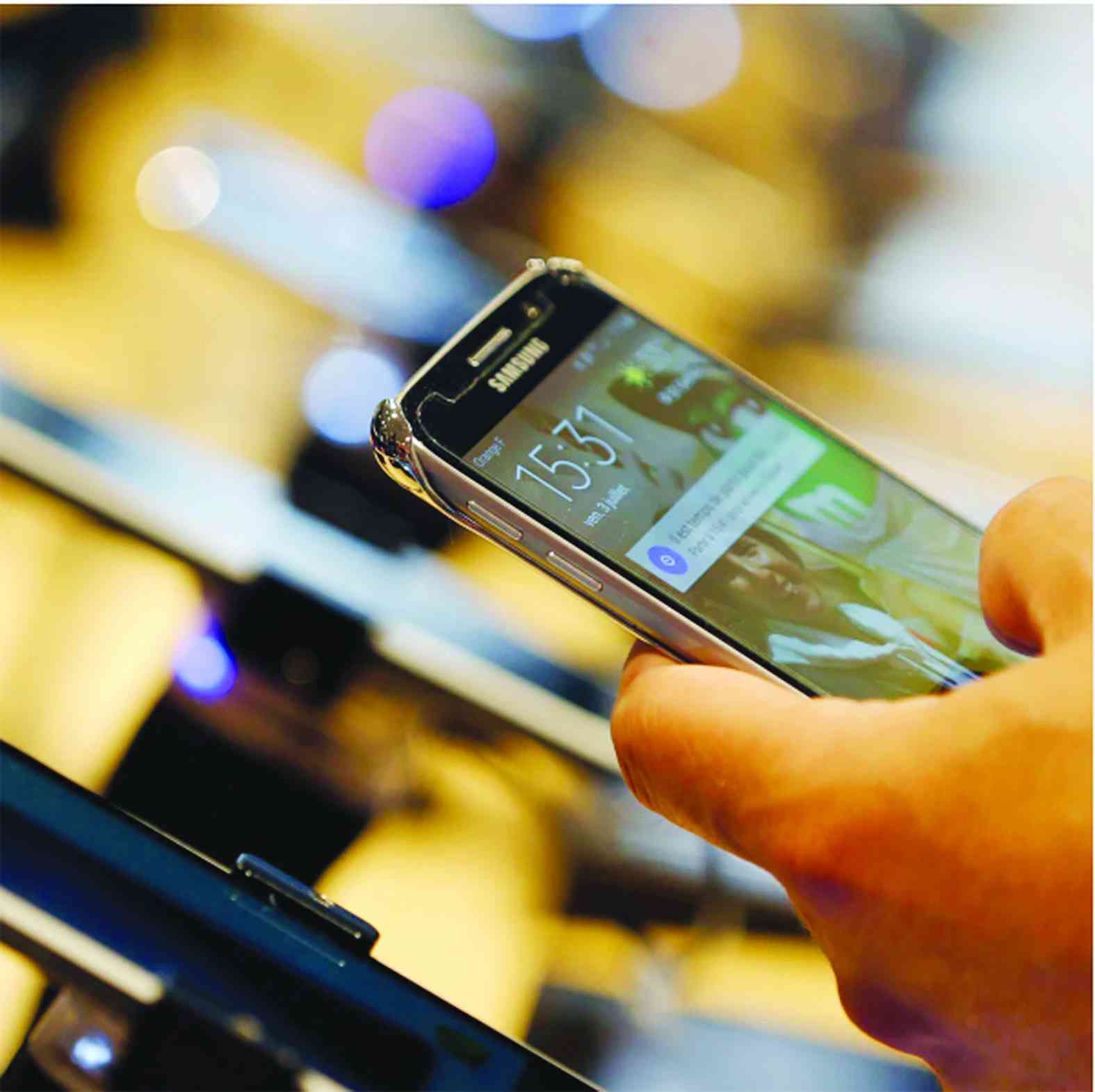
PLANS by the government to snoop on citizens’ mobile phones do not bode well for everyone, even the usual suspects who will ululate at anything that the regime throws.
The Postal and Telecommunications Regulatory Authority of Zimbabwe (Potraz) has proposed the registration of every mobile phone saying the move seeks to enhance national security and combat crime.
The registration process, which requires mobile phone users to provide personal details, has raised fears of increased surveillance and data collection.
Citizens are not wrong when they express fear over the safety of their personal data.
“MNOs [mobile network operators] already collect IMEI numbers when handsets connect to their networks,” said Jacob Mtisi, the chairperson of ICT division of the Zimbabwe Institute of Engineers.
“They maintain their own databases and have the capability to block devices across networks, especially when working together.
“Creating a central database managed by the regulator would mean duplicating this infrastructure at a significant cost to the taxpayer.”
Mtisi said instead of centralising control, the government should encourage “greater inter-operator co-operation, infrastructure sharing and developing common standards” to share critical data without creating a single point of failure, adding that centralised databases are attractive targets for hackers.
- Mavhunga puts DeMbare into Chibuku quarterfinals
- Bulls to charge into Zimbabwe gold stocks
- Ndiraya concerned as goals dry up
- Letters: How solar power is transforming African farms
Keep Reading
“A breach in such a system could expose millions of users’ personal data,” he said.
“In a decentralised set-up, where data remains with the MNOs and only limited, necessary information is shared, such a risk is mitigated.
“Regulators should focus on setting and enforcing cybersecurity standards, not hoarding data.”
Mtisi said Potraz being a government body was “inherently political”.
“Granting it access to a central equipment identity register containing IMEI numbers, user identities and other personal information creates a powerful surveillance tool,” he said.
“Without clear legal safeguards, independent oversight and a robust data protection framework, this data will be misused for purposes far beyond the original intent.
“Zimbabwe’s history has shown that, in the wrong hands, such data can be used to track political activists, monitor dissent or suppress opposition.”
A few years ago, an opposition politician who had been brutalised and abused at the hands of State agents only found her pictures circulating on social media while nude, which pictures had been taken by a police detail at a hospital.
There we have it.
Cellphone surveillance may involve tracking, bugging, monitoring, eavesdropping, and recording conversations and text messages on mobile phones.
The regime wants to have unfettered access into citizens’ mobile phones.
Already, there are rumours that there is an office in the capital which is used to snoop into high-profile citizens’ mobile phones.
Unfortunately, it cannot use any information it gets from such spying in either the courts or anywhere suppose litigation becomes possible.
But in the event that it presses ahead with the new regulations, citizens will be in for it.
Judging by how the regime has always found a way to force things on citizens, it will need concerted efforts to stop the madness.
But Zimbabweans do not need a big brother spying into their mobile phones.






